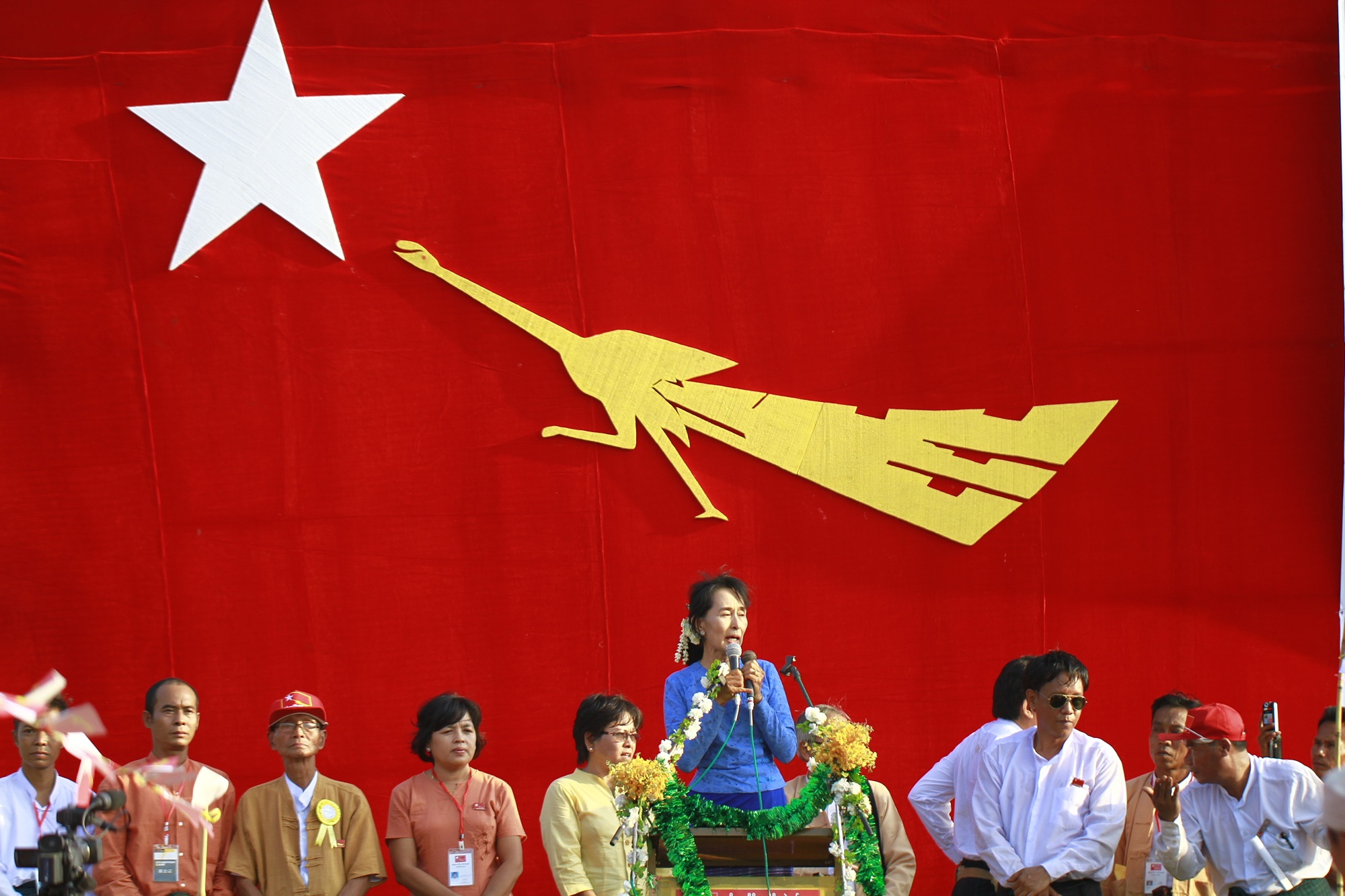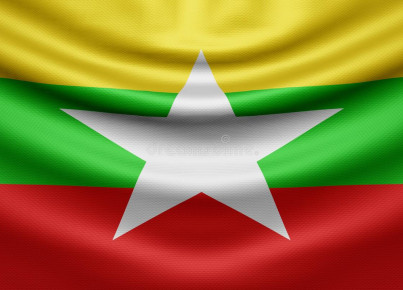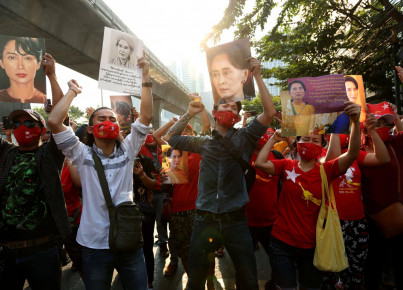The National League for Democracy wins and welcomes new challenges for the country’s renovation
General elections were held in Myanmar on November the 8th and, as the counting of votes ended, the National League for Democracy (NLD), led by the popular leader and Nobel Prize winner Aung San Suu Kyi, has secured more than 80% of the available parliament seats.
Myanmar is still a country in its infancy when it comes to electoral democracy, indeed it is just the second time that citizens attend the polls, after fifty years of military dictatorship. November 8th vote aimed to renew 500 of the 664 seats in the two Houses of Parliament and the NLD, the ruling party in the previous legislature, was expected to get even more votes than those won in the 2015 elections. Expectations were confirmed by the counts, which have given to Suu Kyi 396 out of the 498 seats assigned. It is a landslide victory for the majority, which however will still have to deal with the veto power of the military forces, that according to the constitutional provisions hold 25% of the seats.
Elections came following a resurgence of Covid-19 cases in Myanmar, which since mid-August has documented more than 60.000 infections and 1.390 deaths. Due to the exponential increase of positive cases the opposing parties have asked for a postponement of the elections, nonetheless the NLD and the Electoral Commission insisted on bringing citizens to the polls. Elderly voters were allowed to vote early and the government provided adequate provisions, individual protection tools for the workers and measures guaranteeing social distancing in each polling station.
The health emergency and security reasons related to ethnic tensions have made it difficult to access the vote in 51 electoral districts, corresponding to about 1.5 million people, according to the estimates calculated by the Electoral Commission. The most affected population by the voting restrictions is located in the Rakhine region, where currently there are hostilities between the minorities and the military forces. The western part of the country is also populated by the Rohingya minority group, who is not considered part of the national population as they are immigrants from Bangladesh, consequently they were unable to go to the polls.
The Union Solidarity Development Party (USDP) supported by the military forces was the main opponent of the NLD in the last elections. Myanmar’s commander-in-chief, High General Min Aung Hlaing, at first place refused to honour the general elections results, criticizing the controversial handling of electoral procedures. However, on Sunday, after casting his vote, the General declared that “he must accept the result, as an expression of the people’s will”.
Despite widespread criticism to the management of the elections, defined as "fundamentally imperfect", the feedback on the national level is absolutely favourable to Suu Kyi and the National League for Democracy. The general elections were seen as a real referendum on the work of the NLD in the previous legislature and the interviews outside the polling booths confirmed that most citizens were satisfied with the results of the party, thanks to which Myanmar seems to head towards a future of freedom. In the last pre-election rally, Suu Kyi promised to strengthen the country’s democratic structures if re-elected. Recognizing the complaints arising from the management of the vote, she said that "the important thing is to solve these problems by peaceful means within the limits of the law" and advised the voters to remain calm and preserve stability.
In conclusion, such a favourable result for the NLD could offer Suu Kyi's party the opportunity to emancipate itself to a greater extent from the military junta and even attempt to rewrite the constitutional provisions that give the army control over three key ministries: Interior, Defence and Foreign Affairs. On the other hand, the Burmese leader has already highlighted the priorities of her second term. First of all, the fight against the pandemic, which hit Myanmar with a second wave during the election period, but also the implementation of measures oriented to face the economic crisis and accelerate the peace process between the various ethnic minorities in disagreement with the central government.
By Emilia Leban






